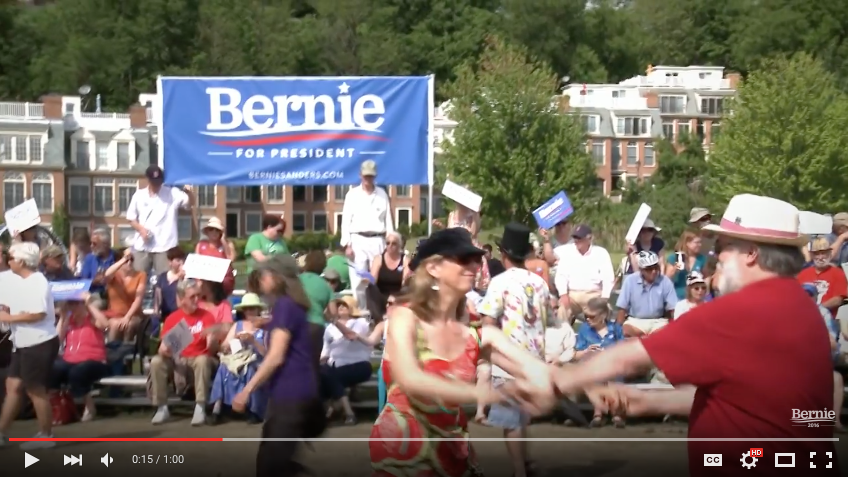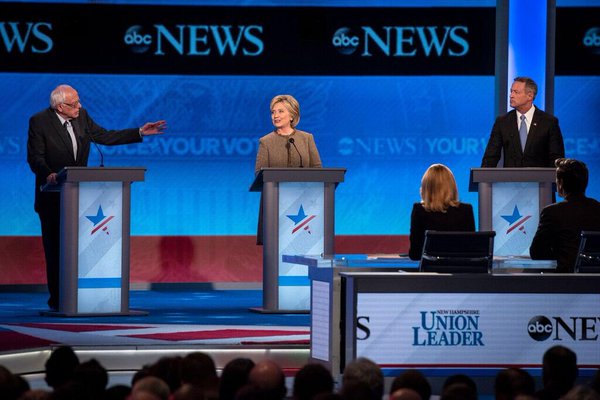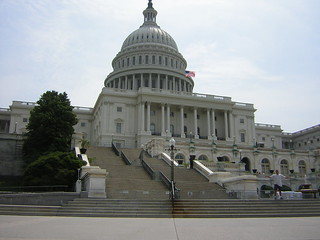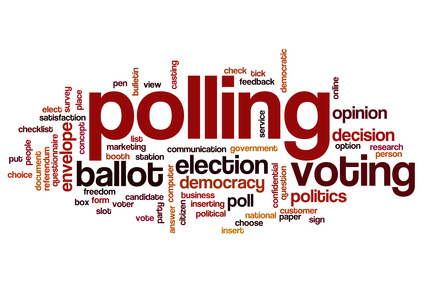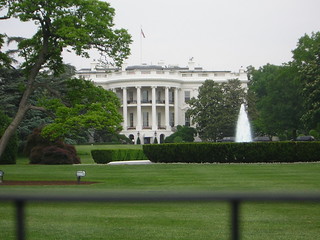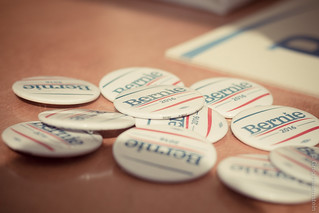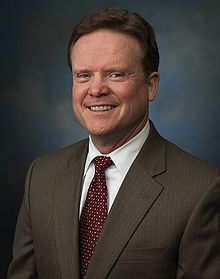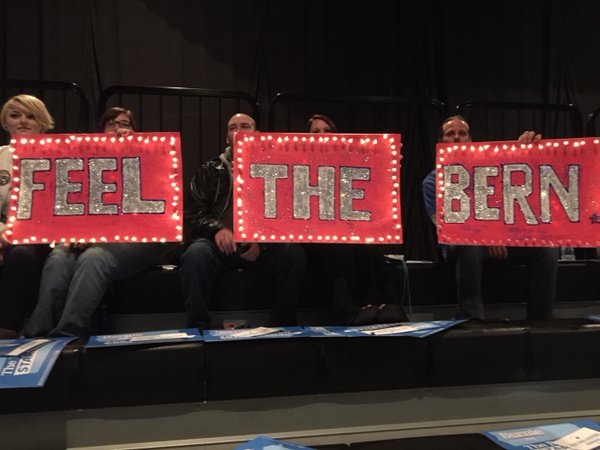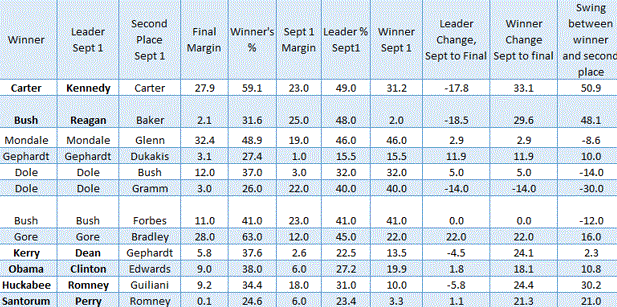Hillary Clinton has a narrow but stable lead over Bernie Sanders among likely Democratic caucus-goers in Iowa, according to the new poll Selzer & Co conducted for the Des Moines Register and Bloomberg News. Clinton is the first choice of 48 percent of respondents, while 39 percent favor Sanders and 4 percent Martin O’Malley. Selzer’s previous survey in October showed Clinton ahead of Sanders by 48 to 41 percent with Joe Biden not in the race, and by a 42-37 margin when respondents had the option of choosing Biden. After the jump I enclose highlights from Tony Leys’ write-up on the latest survey in today’s Des Moines Register and from Margaret Talev’s report for Bloomberg News.
The question now is whose campaign will do a better job identifying supporters and turning them out on a cold night in February. Our household continues to receive regular phone calls from field organizers for Clinton and Sanders and occasional calls from O’Malley’s campaign. Clinton could outperform her poll numbers if her larger field staff in Iowa does its job well, or if Sanders’ support is more concentrated in certain areas. Candidates can win only so many delegates per precinct, whether 50 people or 500 people show up there on February 1, so the Iowa Democratic caucus system rewards candidates with support more evenly spread out across the state.
Sanders could outperform his poll numbers in Iowa on the strength of greater enthusiasm among his backers. He still consistently draws larger crowds to his Iowa events. Now that the campaign seems to be going more smoothly for Clinton, Democrats leaning toward her may not feel it’s important for them to show up for the caucuses.
A Bleeding Heartland post is in progress on why O’Malley can’t get any traction here, even though he has been doing everything right in terms of retail politics and organizing, and his stump speeches are consistently well-received among Iowa Democratic audiences.
O’Malley’s best hope for viability in most precincts will be gamesmanship by well-trained precinct captains for Clinton or Sanders. The Iowa Democratic Party sets a fixed number of county delegates for each precinct, and the math that determines delegate apportionment creates a zero-sum game. “Donating” a few of candidate A’s supporters to candidate B can cost candidate C a delegate. This kind of maneuver cost Paul Simon a delegate in my precinct at my very first caucus in 1988.
Let’s assume O’Malley’s supporters are below the 15 percent threshold in my precinct, and I’m a captain for one of the other candidates. When it’s time to realign, sending a few people from my group to make O’Malley viable may cost our main rival a delegate, compared to what would happen if the O’Malley crowd were forced to go to corners for their second-choice candidates. I heard many stories along these lines after the 2008 caucuses. For instance, in the Clive precinct next door to my neighborhood, Democrats backing Clinton and John Edwards helped make Bill Richardson viable, in order to prevent Barack Obama from winning a second delegate.
UPDATE: Quinnipiac released its latest Iowa poll on December 15: Clinton is at 51 percent, Sanders 40 percent, O’Malley 6 percent, and just 3 percent undecided. I’ve added below highlights from the polling memo; click through for full results with cross-tabs.
Continue Reading...


